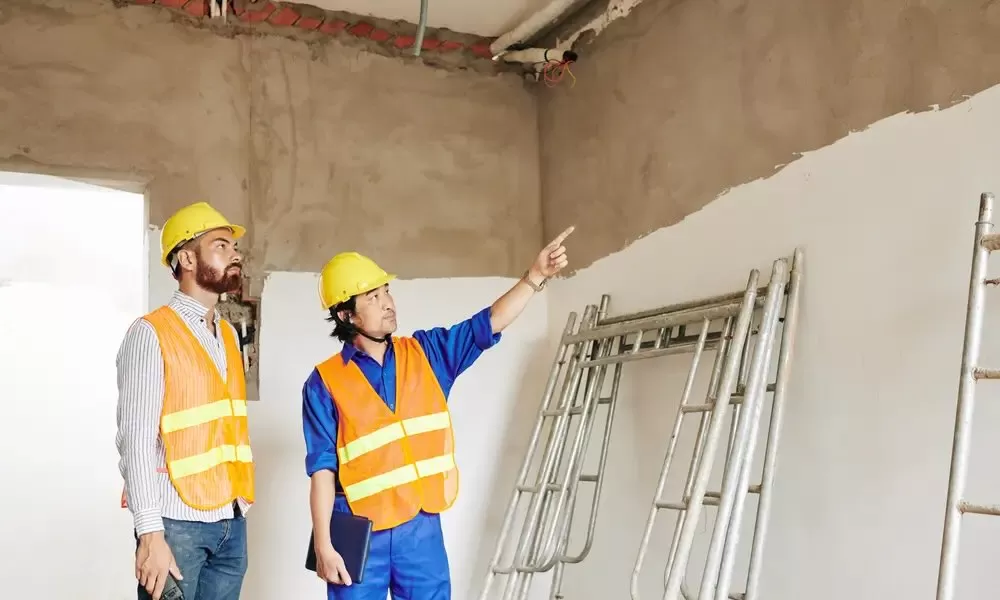Selling a home can be exciting yet stressful, filled with numerous steps and potential hurdles. The most critical stage in this journey is the building inspection. As a seller, preparing for this evaluation makes a difference in the outcome of your sale. A thorough and positive inspection report instils confidence in potential buyers, potentially leading to a smoother transaction and a higher sale price. Building inspections evaluate a property’s condition, typically conducted by licensed professionals.
When preparing for a building inspection, consider the following steps
- Conduct a pre-inspection
Before the official inspection, walk through the property. Look for any issues that might raise red flags during the professional inspection. This step helps you address minor problems and prepare for questions or concerns.
- Clean and declutter
A clean and organized home makes a better impression and allows the inspector easier access to all areas of the property. Remove clutter from places like attics, basements, and crawl spaces. Ensure all rooms are easily accessible and well-lit.
- Provide easy access
Make sure the inspector easily accesses all areas of your home. This unlocks any doors to crawl spaces, attics, or electrical panels. If you have pets, arrange for them to be out of the house during the inspection to avoid distractions or access issues.
- Address known issues
If you know of any existing problems in your home, consider addressing them before the inspection. While significant repairs might not be feasible, fixing minor issues demonstrates that you’ve maintained the property well. Look at your home’s maintenance history to identify recurring problems needing attention.
- Gather important documents
Compile any relevant documentation about your home, including records of repairs, renovations, or upgrades you’ve made. This information provides context for the inspector improvements that add value to your property.
- Check utilities
Ensure all utilities, including electricity, gas, and water, is turned on for the inspection. The inspector tests various systems and appliances, so having everything is crucial. have a peek here at local building codes and standards to ensure your property meets all requirements. This helps you anticipate potential and address them proactively.
- Maintain exterior areas
Remember the outside of your home. Trim overgrown vegetation away from the house, clean gutters, and ensure proper drainage around the foundation. These steps prevent potential red flags related to water or pest infestations.
- Test smoke and carbon monoxide detectors
Make sure all smoke detectors and monoxide alarms are functioning correctly. Replace batteries if necessary. These safety features are often scrutinized during inspections.
- Replace HVAC filters
Install new filters in your heating, ventilation, and air conditioning (HVAC) system. Clean filters demonstrate proper maintenance and improve the system’s performance during testing.
- Address plumbing issues
Check for leaky faucets, running toilets, or slow drains. These minor plumbing issues are easy to fix but can create a negative impression if not addressed.
It’s generally best for the seller to be absent during the inspection. This allows the inspector to work without interruption and prevents conflicts or misunderstandings. Local building codes and standards for property meet all requirements. This knowledge helps you anticipate issues and address them proactively.





